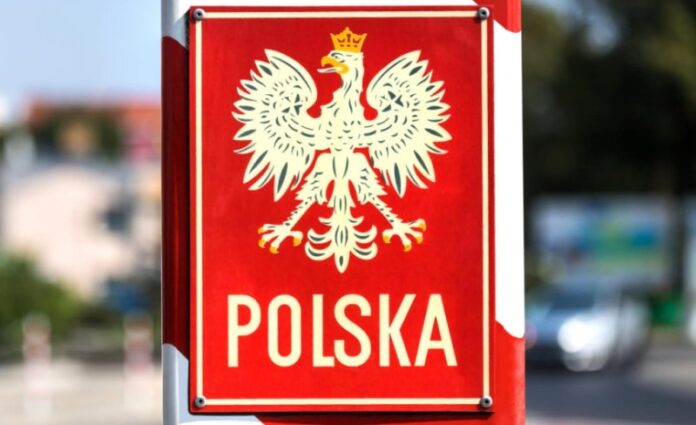In recent years, Russia has been actively spreading misinformation in Europe. According to the senior analyst Voxcheck, Miroslav Markova, in 2022 and 2023, Poland remained in the first place among European countries in the number of fakes sent by Russia.
One of the main narratives that Russia is actively promoted is the statement that the Poles lack resources to provide good social assistance because "everything goes to Ukrainians". Russian media also try to expose Ukrainian refugees as a non -cultural force that does not respect the Poles.
In addition, widespread narratives have a statement that the defeat of Ukraine is inevitable and that all resources invested in support of Ukraine are actually lost. These reports can influence the decision to provide Ukraine with financial and military support.
Following Poland, Slovakia, Czech Republic, Hungary, Germany and Italy were in the list of European countries to which Russian propaganda was directed in 2023.
Analysts say that among the main narratives found in 2022, three key are stored:
- The statement that the West controls Ukraine and uses it to its interests, with the emphasis on the alleged refusal of the West from peace talks.
- An attempt to present the actions of Ukraine and the West as a cause of the beginning of the war by Russia.
- The statement that Ukraine's support is more harmful to the West than Russia.
Markova also emphasizes that Russian propaganda often resorts to the tactics of accumulation of old fakes, thus creating an increasing effect. An example is the change of emphasis from the statements about Western weapons, which Ukraine allegedly resale or transfers to third countries, to a new narrative about the inefficiency of resources transferred to Ukraine or the inability of the Ukrainian military to cope with them.
Analysts also point out that the misinformation situation is worsening in countries where politicians support Russian narratives, which can affect the quality of information media and their proximity to official positions.
"In Poland, this has been manifested in the last months before the elections, in Slovakia, too during election campaigns, in Hungary for years in power, a person with pro -Russian views. As a result, even fairly high quality media will be increasingly tasks of Russian propaganda, as they are forced or want to quote.


